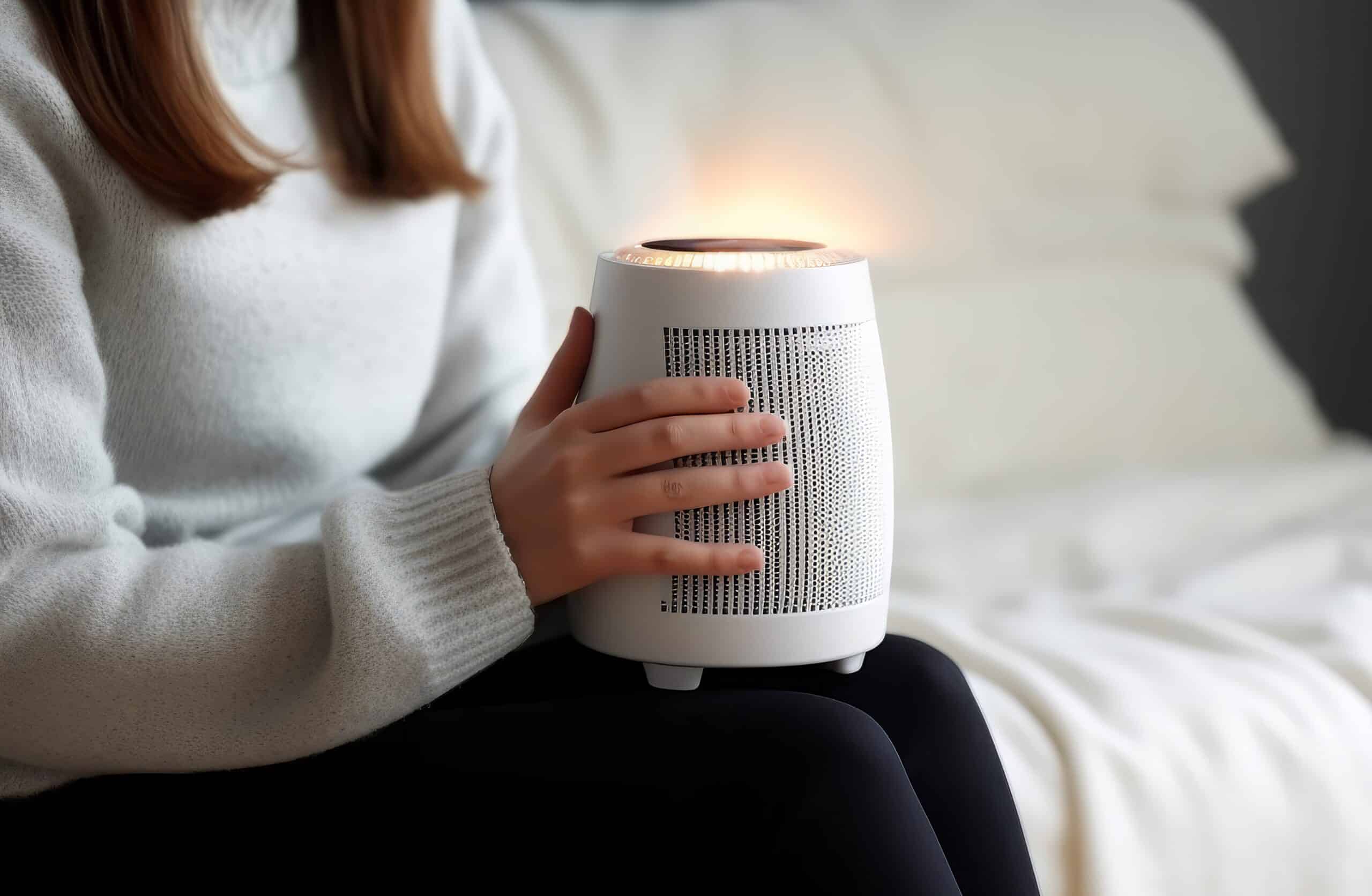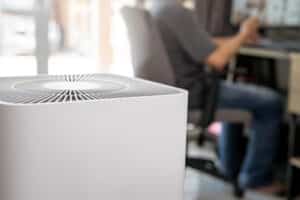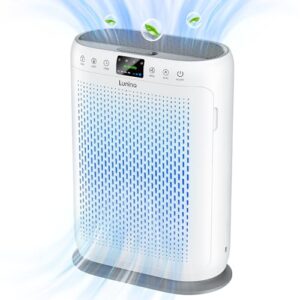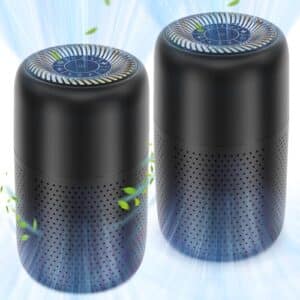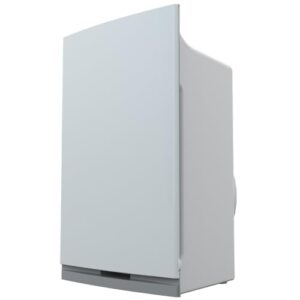What is the cost range for purchasing and operating an air purifier, and is it a worthwhile investment for homeowners?
Key Takeaways
- The cost of purchasing an air purifier can range from $100 to $1,000 or more, depending on factors such as brand, features, and size.
- The cost of operating an air purifier is relatively low, estimated at around $10 to $30 per year in electricity expenses when running for eight hours a day.
- Air purifiers are a worthwhile investment for homeowners due to their ability to significantly reduce allergens, eliminate odors and gases, and improve overall indoor air quality.
Investing in an air purifier for your home can have numerous benefits, including improved indoor air quality and a reduction in allergens and odors. However, before making a purchase, it’s important to understand the cost range for purchasing and operating an air purifier, as well as whether it is a worthwhile investment. In this article, we will explore the cost considerations and benefits of air purifiers for homeowners.
The Cost of Purchasing an Air Purifier
When it comes to purchasing an air purifier, the cost can vary depending on several factors, including the brand, features, and size of the unit. On average, air purifiers can range in price from $100 to $1,000 or more.
It’s important to note that while some cheaper models may have basic filtration systems, more expensive models often come with advanced features and multiple filters, such as HEPA (High-Efficiency Particulate Air) filters and activated carbon filters. These filters are designed to capture a wide range of airborne particles and pollutants, providing better air purification.
While the initial cost of purchasing an air purifier can vary, it is essential to consider the long-term benefits and potential cost savings associated with owning one.
The Cost of Operating an Air Purifier
In addition to the purchase price, homeowners should also consider the cost of operating an air purifier. The main ongoing cost is electricity consumption. The energy usage of an air purifier can vary depending on the model and its energy efficiency rating. Some air purifiers have an Energy Star rating, which means they use less electricity and can result in lower energy bills.
It’s difficult to provide an exact cost for operating an air purifier, as it depends on factors such as the size of the unit, the specific model, and the duration of use. However, it’s generally estimated that running an air purifier for eight hours a day can cost around $10 to $30 per year in electricity expenses.
It’s important to keep in mind that while the energy consumption cost is relatively low, the benefits of cleaner air and improved indoor air quality can outweigh this cost for many homeowners.
Is It a Worthwhile Investment?
Now that we’ve discussed the cost considerations, let’s explore whether investing in an air purifier is worthwhile for homeowners.
According to various sources, including Breathe Better Air and Healthline, air purifiers can have several benefits:
- Significant reduction in allergens: Air purifiers with HEPA filters can capture dust, pollen, pet dander, and other allergens, reducing allergy symptoms.
- Elimination of odors and gases: Air purifiers with activated carbon filters can absorb volatile organic compounds (VOCs), smoke, and other odors that pollute indoor air.
- Destruction of airborne irritants: Advanced technologies like bipolar ionization and photocatalytic oxidation can reduce mold spores, viruses, and other airborne irritants.
- Cost savings compared to allergy treatments: By minimizing the need for medications and doctor visits for allergies, air purifiers can save money in the long run.
- Better indoor air quality: Air purifiers filter out pollutants present indoors, including those from carpets, cleaning supplies, and smoke, improving overall air quality.
- Portability: Portable air purifiers can be moved room-to-room to purify air where needed most.
- Energy efficiency: Some air purifiers have an Energy Star rating, meaning they use less electricity.
These benefits highlight the potential value and positive impact that air purifiers can have on homeowners’ well-being, especially for individuals with allergies or respiratory conditions.
While the upfront cost and ongoing electricity expenses should be considered, the long-term benefits of improved indoor air quality, reduced allergy symptoms, and potential cost savings on medications and doctor visits make air purifiers a worthwhile investment for many homeowners.
Conclusion
Investing in an air purifier for your home can provide cleaner and healthier air quality, reducing allergens, eliminating odors, and improving overall well-being. While the cost of purchasing and operating an air purifier can vary, the benefits of improved indoor air quality and potential cost savings on allergy treatments make it a worthwhile investment for many homeowners.
Related Websites:
FAQs:
Q: What are the different types of air purifiers available in the market?
There are various types of air purifiers available, including HEPA filters, activated carbon filters, and ionizers. Each type has its own benefits and price range.
Q: How does the size of an air purifier affect its cost?
The size of an air purifier can impact its cost. Larger air purifiers typically have a higher price tag due to increased coverage area and higher air purification capacity.
Q: What is the average price range for low-cost air purifiers?
Low-cost air purifiers are available at affordable prices. On average, they range from X to Y dollars, depending on the specific model and features.
Q: How can energy consumption affect the operating costs of an air purifier?
Energy consumption directly impacts the operating costs of an air purifier. Selecting energy-efficient models can help reduce electricity costs in the long run.
Q: What are the benefits of using an air purifier for homeowners?
Using an air purifier can greatly improve indoor air quality and reduce allergens and pollutants, creating a healthier environment for homeowners.

